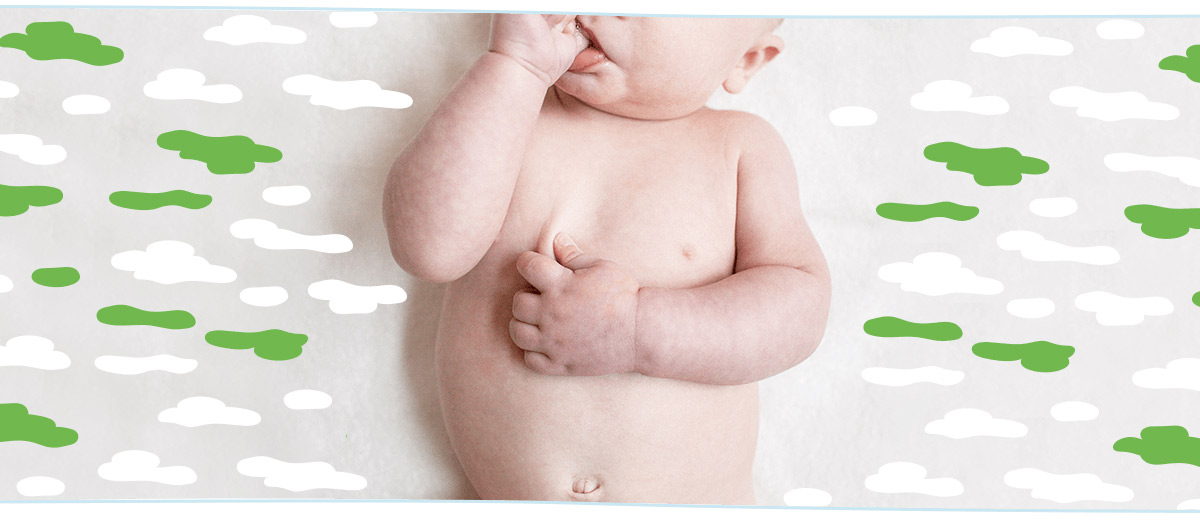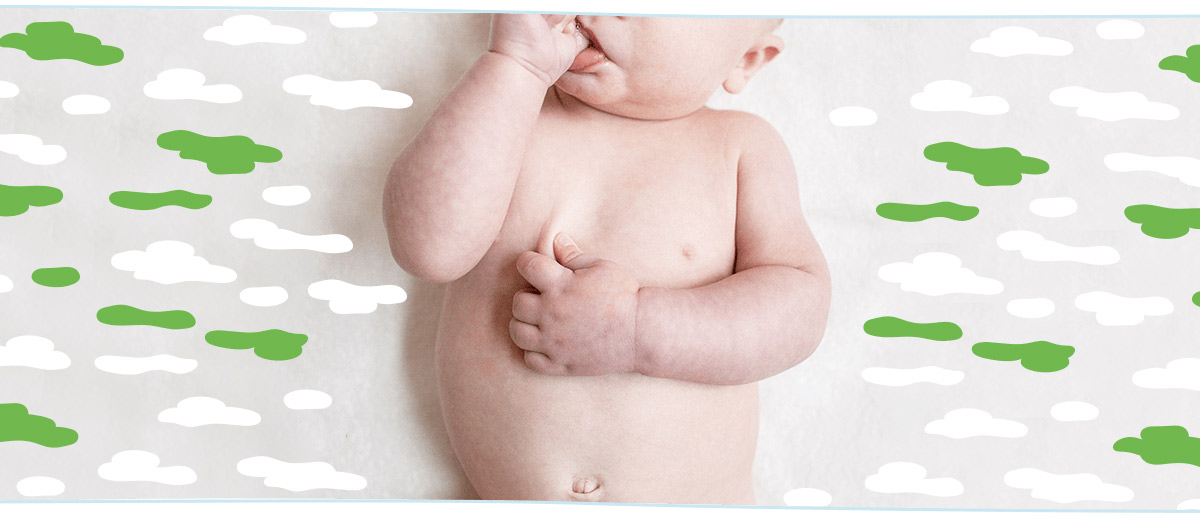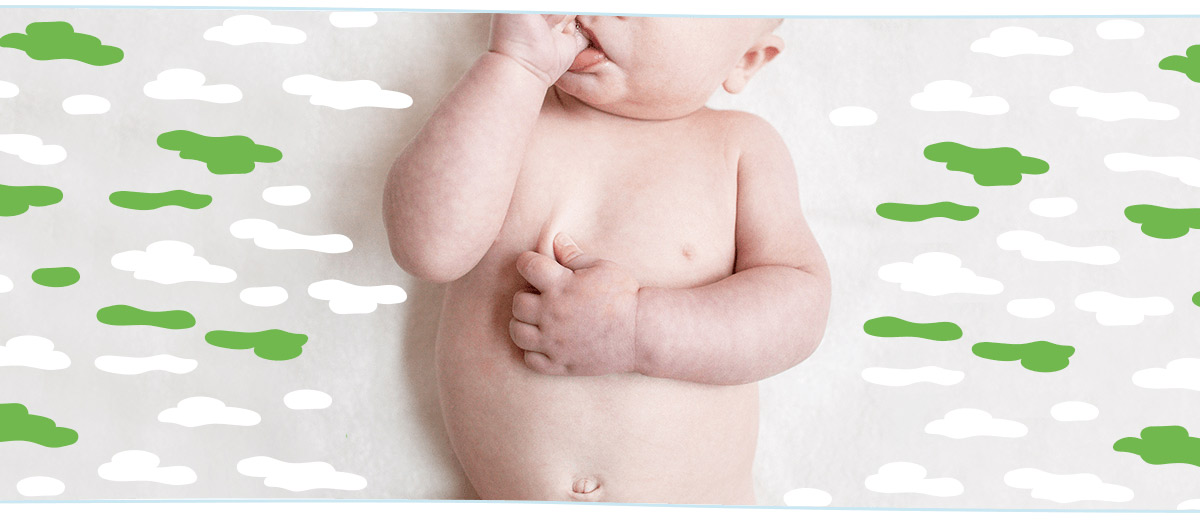Partially hydrolyzed formulas are not hypoallergenic† and are not recommended for babies with a diagnosed cow’s milk protein allergy. Neither are soy-based formulas, since babies who are allergic to cow’s milk protein may also react to soy protein.
Please note that this information is not meant to replace the advice of your baby’s health care professional who we recommend you contact if you are concerned, or before making changes to your baby’s diet.







